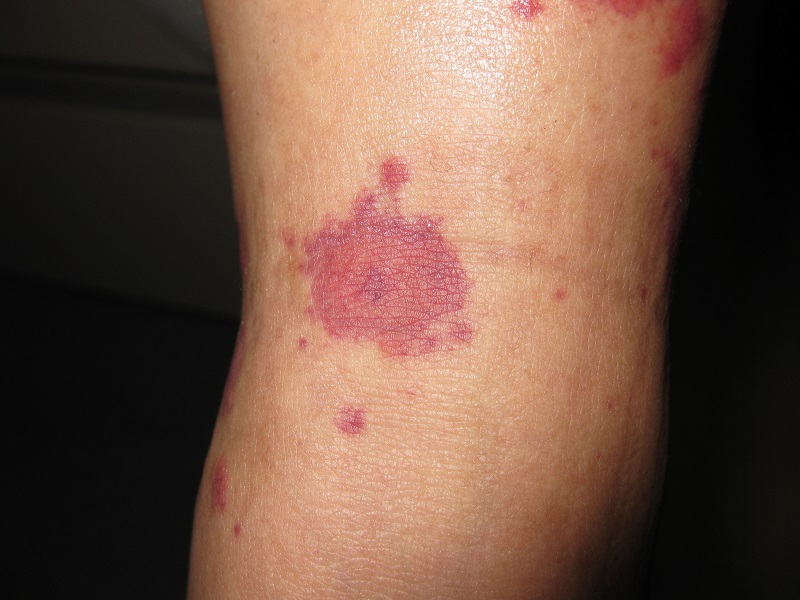
Hyperpigmentation occurs when patches of skin become much darker than the rest. For example, you’ve tanned, so the skin darkens in response, but some areas become much darker than others. The hyperpigmentation can take the form of sunspots, age spots, or uneven brown patches. What many don’t realize is that it is possible to treat hyperpigmentation, both on your own and with the help of a professional.
Keep Your Hands Off
Hyperpigmentation causes discoloration of the skin. If you rub it or pick at it, you’ll inflame the area and make the matter worse. So, keep your hands to yourself, though good hygiene should be maintained. For lightly affected areas, you can seek microdermabrasion to treat the issue after you’ve tried over the counter remedies.
Try Over the Counter Medications
There are over the counter treatments that can reduce hyperpigmentation. You could even hit the natural supplements aisle since vitamin C and licorice root inhibit the enzyme used to create melanin.
Don’t forget the sunscreen since limiting how much ultraviolet reaches your skin prevents more melanin from forming. Do apply moisturizer, though, to help your skin heal and renew itself.
Just Wait
Pregnancy causes women’s bodies to produce a variety of hormones. And while these hormonal changes cause increased circulation to support the baby, it also results in more melanin being put out, too. They could also make your eyelids darker as well. If you’re dealing with hyperpigmentation caused by pregnancy, put on more sunscreen and protective clothing and wait. After you have the baby, the hyperpigmentation will go away. You can also visit sites like healthyskinsolutions.com, which offer tips on how to treat hyperpigmentation and identify early symptoms.
Switch Medications
Sometimes, hyperpigmentation is caused by the hormones in birth control pills. If you’ve started birth control pills or switched brands and started to see hyperpigmentation, talk to your doctor about switching to a different birth control method. There are other medications that cause sun sensitivity and/or hyperpigmentation. Always consult with a doctor before quitting medications like antipsychotics or antimalarials since dark splotches may be the least of your concerns.
Talk to a Dermatologist
If over the counter medications and treating the root causes of the hyperpigmentation doesn’t work, you should consult with a dermatologist. First, the dermatologist can prescribe medications that inhibit melatonin creation. Second, if over the counter and natural remedies aren’t helping, you have a different issue that requires diagnosis and treatment. Laser treatments and chemical peels are last resorts, but you don’t want to arrange cosmetic procedures if it could be as simple as switching anti-inflammatory drugs or antibiotics. And you want the dermatologist’s advice, especially if hyperpigmentation is caused or worsened by acne.
Conclusion
If you do happen to see signs of hyperpigmentation anywhere, first, don’t touch it. Second, try over the counter remedies, including sunscreen to protect your skin. Wait and let your skin heal, especially in conjunction with protection from the sun. Talk to your doctor about switching medications, though the doctor may suggest better sun protection over switching prescriptions. Talk to a dermatologist if the hyperpigmentation doesn’t resolve since some cosmetic treatments may not work in all cases.
